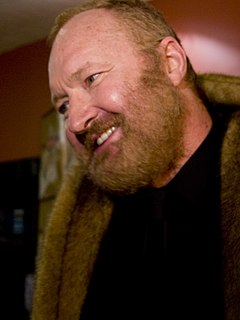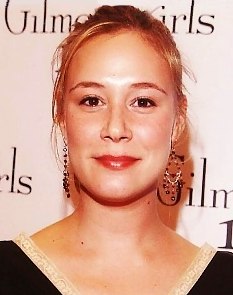A Quote by Batya Gur
The life story of the five main characters and the secondary characters around them allows Jonathan Franzen to present the full impetus and extent of the world picture of the West at the end of the 20th century.
Related Quotes
If you look at that incredible burst of fantastic characters that emerged in the late 19th century/early 20th century, you can see so many of the fears and hopes of those times embedded in those characters. Even in throwaway bits of contemporary culture you can often find some penetrating insights into the real world around us.
It's funny what [producer Richard Zanuck said about even though you can't quite place when the book or the story came into your life, and I do vaguely remember roughly five years old reading versions of Alice in Wonderland, but the thing is the characters. You always know the characters. Everyone knows the characters and they're very well-defined characters, which I always thought was fascinating. Most people who haven't read the book definitely know the characters and reference them.
The only way to change the world is to change the main character of our story - the one we believe that we are. If we change the main character, if we respect ourselves, then just like magic, all the secondary characters will change. We can only give what we have, and if we don't respect ourselves, how can we respect others?
I haven't been in the film world long enough to really understand the gravity of 'Big Hero's' success. I'm just happy that it is translating well internationally and that the story and the characters are loved by audiences around the world, and everything that's come after that has been secondary to the initial response.
You had a flood of immigrants, millions of them, coming to this country. What brought them here? It was the hope for a better life for them and their children. And, in the main, they succeeded. It is hard to find any century in history, in which so large a number of people experience so great an improvement in the conditions of their life, in the opportunities open to them, as in the period of the 19th and early 20th century.
It's certainly a cliche to remark that a nonfiction book 'reads just like a novel,' but in the case of Jonathan Eig's 'The Birth of the Pill,' I have no other recourse, since his narrative is full of larger-than-life characters sharply limned and embarked on fascinating doings, their story told in sprightly visual fashion.





































